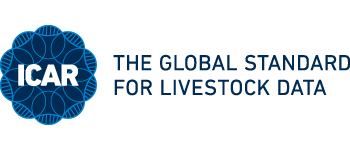Mongolian government representatives and FAO organized a two-day workshop on 07-08 Oct 2021 to present the results, lessons and recommendations to the STDF supported project on Animal Identification and Registration Systems (AIRS) in Mongolia.
During the event, experts, government and international organizations representatives also shared their experiences on livestock identification and traceability systems and other SPS-related capacity building initiatives on the livestock sector, including in Africa and the Asia Pacific region.
The pilot project will “road-test” an improved “Animal Identification and Registration System” (AIRS) in Mongolia, which is essential to promote export of livestock and livestock products. Animal identification and registration is also the foundation for addressing and managing animal health issues (including zoonoses).
For the workshop, the following informative material have been produced and made available for on-line consultation:
- Agenda of the Workshop
- AIRS International best practices – Martin Burke (ICAR)
- Livestock production: gobal and regional perspectives – Sonevilay Nampanya (FAO Asia Pacific)
- AIRS of the National Food Agency of Georgia – Angelovski Dragan (FAO Georgia)
- Integrated Multipurpose Animal Recording Systems in India-INAPH – Kamlesh Trivedi (NDDB India)
- LITs in Eastern Africa as well as Botswana – Ricarda Mondry (FAO East Africa)
- AIRS Mongolia: Lessons learned and experiences – Erik Rehben (IDELE)
- AIRS Mongolia: Recommendations – Erik Rehben (IDELE)
